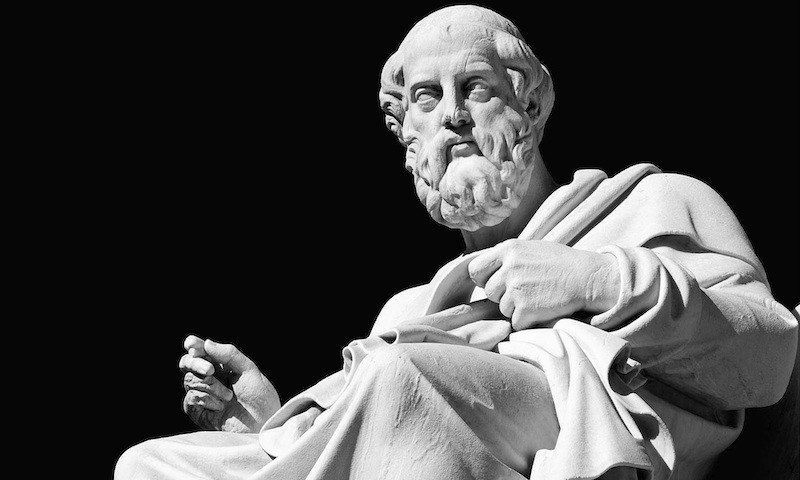Our Western society is in a dire state. What were once ideological cracks have become yawning chasms. We have become a society divided by race, by culture, by sexuality, gender, left-wing vs right-wing, those who favour minimal government intervention vs those who favour big government, and more recently, by so-called ‘vaccination status’. These burgeoning divisions , if left unfettered, will push our Western society over the precipice, into the dark depths of violence, poverty, and tyranny.
The Greek concept of politeia is a broad term which, at its heart, reflects the notion of a united, harmonious society. In Plato’s Republic, the idea of politeia – of civic unity and harmony – represents the loftiest of political aspirations. For a society to reach this goal, however, that sense of harmony must exist within each citizen. In many regards, we might consider the citizen as a microcosm of the society in which he resides. We might also regard society as a reflection of its individuals.
For Plato, the fractures prevalent in society reflect the psychological disharmony of the individual. The evidence for this assertion is plain to see in our modern era. We need only glance at Twitter, Facebook, or the good old television to see the petty squabbles which send vast ripples across the water, turning the seas of our interactions into a frothing maelstrom.
The mainstream media provides the kindling for these interactions via lies, manipulation, and gaslighting. They need only stoke the embers every so often, just enough for the fractured individuals of our society to tear our society to pieces. All in the name of social justice and identity politics. The media’s work is easy, because we have made it so. We have bred a generation of weak-willed individuals. We celebrate victim-hood and weakness, things which are the ultimate expression of a shattered mind. It is one thing to tolerate these things, but to celebrate them is ultimately destructive. But more, if you were to try and open a dialogue as to the flaws inherent in affirming these expressions of a fractured self, you would be branded as unworthy.
If the mainstream media provides the kindling, it is our education system which provides the firewood. The individuals who emerge from schools and universities in the 21st century are overwhelmingly left-wing. There is a sense of civic duty, which is a positive trait. But that sense of civic duty is marred by the notion that one must not merely perform good deeds, one must be seen to perform good deeds. Virtue has become the most important currency for the internet generation.
Yet when one values virtue for the sake of elevating oneself in the eyes of others, true virtue becomes elusive. More, when virtue is your currency, if somebody – in particular somebody strong – opposes your virtuous point of view, it is inevitable that you see your opposition as anathema, fit only to be cancelled, or crushed. The dissenter, by challenging your virtuous viewpoint, has threatened to lower your standing, to reduce the value of the currency that you hold in the eyes of those who you wish to impress.
For the fractured virtue-signaller, the only way to redeem that currency is to destroy his detractor.
Herein lies the fractured citizen. And from the fractured citizen emanates a fractured society.
For this to change, Plato’s Socrates insists that we start with the young, in part metaphorically, in part literally:
…the control we exercise over children, not letting them run free until we have established a kind of constitutional government in them… then we give them their freedom.
Socrates in the Republic
Here then, is the key to a flourishing, united society. Instill the value of politeia into our children, into our citizens. After they have been educated towards a level of self-reliance and self-unity, only then can we have a truly united society in the spirit of politeia.



